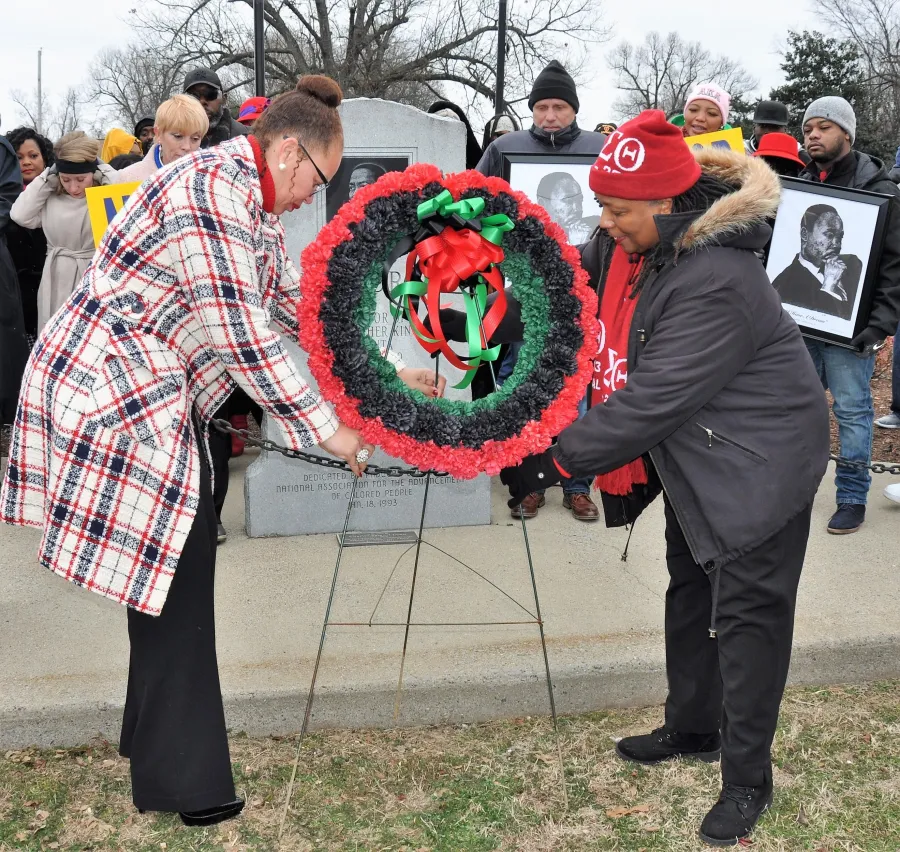Washington Post editorial: To honor Martin Luther King Jr., fight injustice with love

BEFORE THE Internet, there was the almanac. Every home seemed to have one of those yearly publications packed with all the wondrous data you could ever want to peruse: baseball standings, biographies of all the presidents, principal products of Portugal. And there, on one page (perhaps you’d never noticed it before), a column of numbers titled simply “Lynchings.” To many kids growing up in the 1940s, it was chilling to come across that word. Lynching was what sometimes happened to cattle rustlers in Hollywood Westerns, right? Was it still happening in America? That was something a lot of parents didn’t want to talk about.
In fact, much of the country didn’t want to talk about lynching, or poll taxes, or segregated buses and schools, or any of the many other instruments of exclusion and repression that characterized life for people of color in the United States. Racism was understood by some as an active, aggressive form of persecution, but many minimized it as just a casual disdain for certain people or simply an acquiescence in some of the cruel but fenced-off racial customs of the American South — as with, say, the shunning of a black cadet at a national institution such as West Point by the entire corps. But lynching was there in the bottom circle of the racial inferno, and every once in a while, a reporter would witness one of these spectacles and write the story in hideous detail, and the country would turn away revolted, and then the U.S. Senate would refuse to do anything about it because the Senate was dominated by Southerners. And so it went.